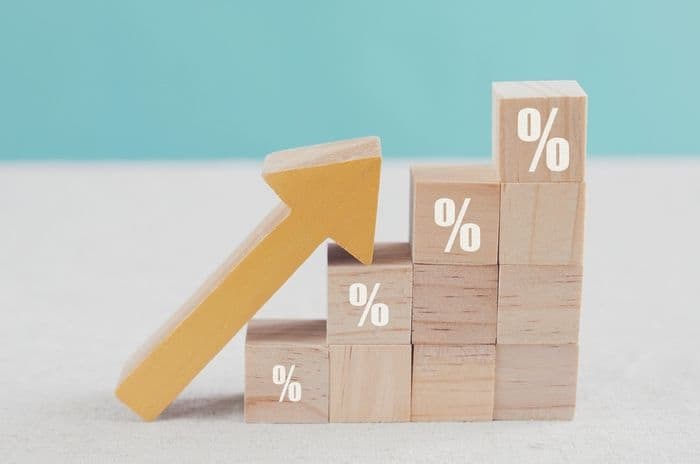Home > TV & Broadband > News > Broadband and mobile prices to rise by 7.9%
Broadband and mobile prices to rise by 7.9%
Inflation for January has been released, which is used by many providers for their annual price hikes in April.
January's Consumer Price Index (CPI) rose to 4%, while the Retail Price Index (RPI) fell point one of a percentage point to 5.2%.
So, many customers will be seeing increases of 7.9% on their packages in April, while O2 and Virgin Media will be announcing price rises next month.
While Ofcom are in the process of banning inflation-linked price rises, BT has made an early announcement to change their pricing policy from early summer, although it won't stop this year's price hikes.

April 2024 price rises
Most broadband and mobile providers increase prices for both in-contract and out of contract customers in April of each year by an amount based on inflation.
While inflation changes on a monthly basis, the inflationary figure used for these price rises is often the one published in January, which we now know to be 4% for CPI, and 5.2% for providers using RPI.
Providers then add a percentage above these rates of inflation, usually 3.9% although sometimes less, so we know the following providers will be increasing prices by these figures in April:
- BT: 7.9%
- Plusnet: 7.9%
- EE: 7.9%
- Vodafone: 7.9%
- TalkTalk: 7.7%
- Shell Energy Broadband: 7%
- Community Fibre: 6.9%
O2 and Virgin Media use the higher RPI rate of inflation, but their price rises won't be known exactly until next month as they use the February rate of RPI for their April increases. However, based on data released this month, rises could be around 9.1%.
Gigaclear also have an annual price rise policy, but they use the July rate of inflation and increase prices in October.
Price rises coming in April 2024 will be lower than the highs of 14.4% and 17.3% seen last year, but they could still add around £2.76 to £3.18 a month to an average bill of £35.
BT's pricing policy
Published just the day before these inflationary figures were released, BT has announced a new pricing policy coming into effect from early summer that will move the provider away from using inflation-linked price rises, and instead use Ofcom's proposed pounds and pence method.
BT say mobile customers will see prices increase from £1.50 per month, while broadband prices will go up by £3 per month.
Ofcom is still consulting on these changes however, and while the pounds and pence method was put forward as a most likely option, there were other options on the table, so it could be considered telling that BT is clearly supporting this particular option.
However, it's also questionable how good this will really be for consumers as it has the potential to lock-in rises of around 10%, when inflation-linked price rises actually only got this high when inflation sky-rocketed from 0.6% in 2021 to 5.4% in 2022.
Indeed, a £3 annual price rise on a typical £35 broadband bill would amount to a comparable inflation figure of 4.6% (+ 3.9%), despite the Government's inflationary target being less than half this at 2%.
Other providers, including Community Fibre and TalkTalk, have been seen to offer fixed prices throughout 2024 for new customers, with any annual price rises pushed back until 2025.
Marc Allera, CEO of BT Group's Consumer division said, "Our annual price change is never an easy conversation to have with customers, particularly when so many people are dealing with the increasing cost of living. But it is a necessary conversation to have to help us manage our own rising costs and investments we're making into networks and customer service, while also protecting those customers in vulnerable circumstances, suffering from financial hardship or digital exclusion."
It's also worth pointing out social broadband tariffs for those in receipt of certain means-tested benefits aren't subject to annual price rises or out of contract increases, so they can provide a stable and affordable way for anyone struggling with bills to stay online.
BT are thought to shoulder the lion's share of social tariff take-up, with around 85% of all customers on a social tariff with BT. While they have previously called on the Government to provide public funding, all social tariffs are privately funded by the broadband providers offering them, something both BT and Vodafone have said is unsustainable.

We are independent of all of the products and services we compare.

We order our comparison tables by price or feature and never by referral revenue.

We donate at least 5% of our profits to charity, and we have a climate positive workforce.
Get insider tips and the latest offers in our newsletter
Latest News

03 July 2025
Virgin Media gives away free Hisense 4K Smart TV
01 July 2025
NOW Hub Two router support coming to an end



Comments